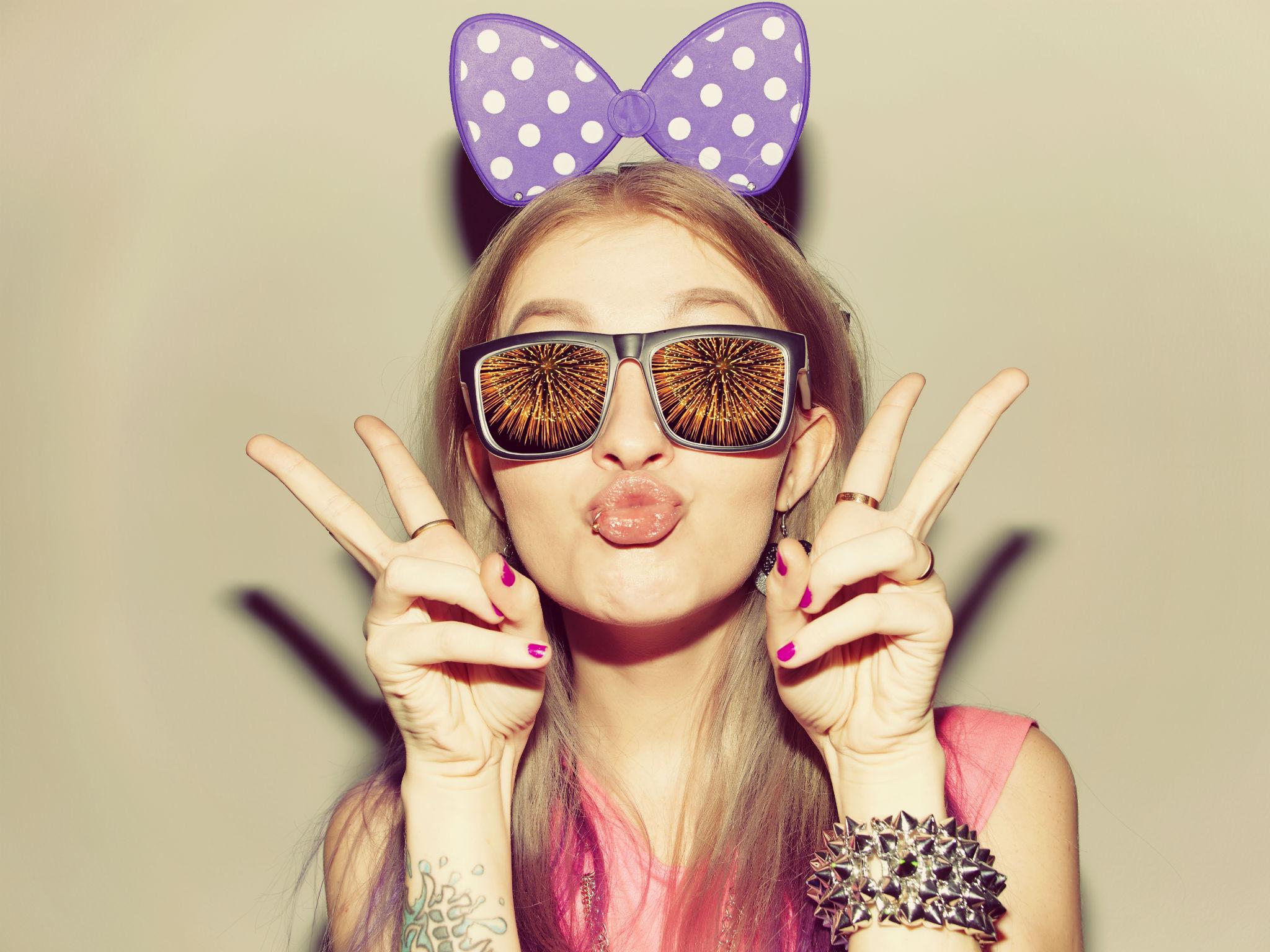Jealous people more likely to buy attention-grabbing things, says study
Study also finds that jealous people do not care how the general public will view their flashy garments

Your support helps us to tell the story
From reproductive rights to climate change to Big Tech, The Independent is on the ground when the story is developing. Whether it's investigating the financials of Elon Musk's pro-Trump PAC or producing our latest documentary, 'The A Word', which shines a light on the American women fighting for reproductive rights, we know how important it is to parse out the facts from the messaging.
At such a critical moment in US history, we need reporters on the ground. Your donation allows us to keep sending journalists to speak to both sides of the story.
The Independent is trusted by Americans across the entire political spectrum. And unlike many other quality news outlets, we choose not to lock Americans out of our reporting and analysis with paywalls. We believe quality journalism should be available to everyone, paid for by those who can afford it.
Your support makes all the difference.If you notice someone who usually dresses in dark colours suddenly wearing something unusually garish, they might be experiencing a bout of jealousy, new research suggests.
Researcher Xun Huang investigated whether jealousy-motivated consumers bought things that were more likely to recapture the attention of their partners, in findings published in the Journal of Consumer Psychology.
Huang and her team conducted five experiments and the results suggested feelings of jealousy increased the want for eye-catching products, for example, a bright-coloured coat instead of a dull one.
The researchers also found that the desire for attention outweighed the risk of public embarrassment. In one experiment, participants were asked to imagine they had been invited to a party – one group was invited to a costume party with friends while others were invited to a formal welcoming party for new staff.
They were asked whether they would want to wear an ordinary pair of sunglasses or a unique, eye-catching pair and researchers found the participants experiencing jealousy wore the eye-catching sunglasses even at the formal work party with colleagues.
They also concluded that these attention-grabbing products specifically applied to jealous people and is not generally applicable to those experiencing other negative behaviours like envy or a feeling of powerlessness.
Huang suggested the findings were not just restricted to romantic relationships and said the same behaviour could be found in a child jealous of their sibling or a worker jealous of a colleague favoured by a manager.
Join our commenting forum
Join thought-provoking conversations, follow other Independent readers and see their replies
Comments